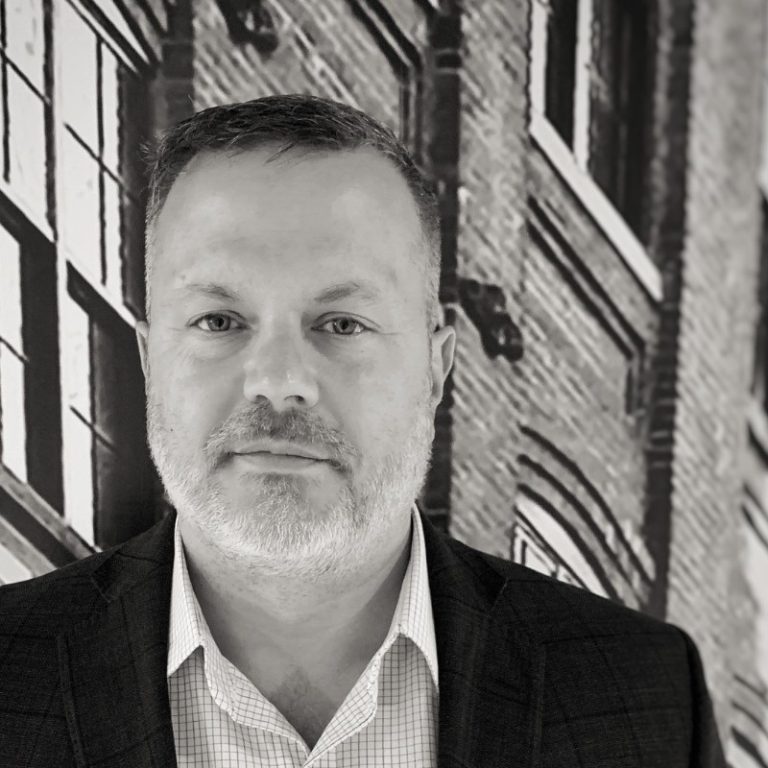Are HR teams employees’ friends?
Or are they their foe?
Why You Should Care
Ex-VP of HR at Microsoft Chris Williams rocked the boat when he declared that HR is not an employee's friend.
Does this mean HR are employees' foe? Or is there a balance to be struck?
Find out the views of a panel of HR experts!
Chris Williams, a former vice-president of HR at Microsoft turned leadership podcaster and author, made waves when he wrote in an opinion piece for Business Insider that “HR is not your friend”.
He noted: “It’s easy to see them as one — they’re right there, they are a people person, and they will listen”.
“But from my experience as an HR exec, I can assure you that the company did not have over 1,000 people in HR to be your friend.”
Instead, “HR gets paid by the company to solve problems either between employees or with the company and its policies”.
He likens HR to the police; “they rush to the scene, get the issue under control, and turn their objective report over to the company and its management.”
For Williams, HR is where you go when you have a question about benefits or company policy. “They can aid you in finding services and resources. And they can take your report of clear policy violations”, but, in his view, they shouldn’t be the place you go to for support and guidance for inter-personal conflicts at work.
This is quite the statement, and it has prompted a lot of discussion on social media.
In light of this, UNLEASH decided to put the question to experts, and find out if HR can and should be friends with employees. How should HR balance their responsibilities to the business and its financial needs, with the wellbeing of workers?
What’s the role of HR in organizations?
Fundamentally, HR is a functional department of a company, and that means, like other departments, it has “a responsibility to enable company success”, notes Piper’s CEO Sathya Smith.

Sathya Smith, CEO and founder, Piper.
HR does this by ensuring companies hire the right people, and that employees are getting appropriate support so they can do their jobs effectively. This is in addition to the more administrative side of, for instance, ensuring people paid on time and receive regular performance reviews.
This means that HR is the “middleman” between management and employees, in the words of LLC Services’ HR analyst Adrienne Couch. But this is a unique situation within a business and it is what creates confusion for some employees.
This is linked to a misunderstanding of the term ‘friend’ versus ‘friendly’ – an issue that has garnered a lot of attention on social media.

Adrienne Couch, HR analyst, LLC Services.
Should HR be friendly to workers? Yes, as was acknowledged by Williams, employees need to feel comfortable enough to approach HR to ask questions.
But many of the HR experts think the role of HR is more wide ranging than this.
For instance, Steve Browne, chief people officer at LaRosa’s Inc, notes that given that, in the modern workplace, employees are now encouraged to bring their full selves to work, they “need a place to feel they can share, ‘dump their bucket’ or discuss joys and concerns.
“HR should provide a safe avenue for people, be a sounding board, a listening post, and an empathic outlet”.
Ultimately, if employees do not see HR as a friendly, approachable department, then they are unlikely to communicate anything with them. This can lead to a disengaged workplace and high attrition rates, which is a nightmare for companies.

Dave Rietsema, founder and CEO, Matchr.com.
Matchr.com founder and CEO Dave Rietsema comments: “Championing what is best for the employee can actually be beneficial for the company in the long run” – remember, happy employees are more productive, which is good for a business bottom line.
“HR can be an advocate for what employees need in order to be productive, as well as help solve problems that might cause turnover”, adds Rietsema.
Be friendly, but not friends
However, being friendly is a whole different ballgame to being friends with workers. This is because friendship can create a conflict of interest for HR teams.

Lisa Sterling, CPO, SmartRecruiters.
When employees see HR as their friend it means they feel like they fully trust HR to be on their side in all instances. Therefore, when HR has to make difficult decisions that aren’t in that worker’s favor, then employees can feel let down and demoralized.
“I have witnessed first hand what being too people centric can do to create a sense of entitlement among employees, and lessen the value and impact delivered by the HR team,” Lisa Sterling, SmartRecruiters’ chief people officer.
However, “I have also witnessed what building a fluid model can do to the success of the HR team, employees and the business”; this requires transparency about the “’why’ behind decisions, [which] can create greater trusting relationships…without having to be ‘friends’ with employees”.

Jes Osrow, co-founder and COO, The Rise Journey.
The Rise Journey’s co-founder and chief operating officer Jes Osrow notes that HR needs to have boundaries.
They can be an ally to workers, but they also need to able to make tough decisions, including “navigating more difficult parts of the job like sexual harassment, having to fire people”.
Anne Sammon, Pinsent Masons’ employment partner, agrees that the challenge for HR is they are the department responsible for disciplinary procedures, but “they also need to be trusted by the employee population”.
They need employees to come forward and report misconduct issues, and bad behavior that breaches company policy and guidelines that is happening on the ground.

Anne Sammon, partner, Pinsent Masons.
To achieve the right balance, HR must create clear parameters around how much that employees share with HR in confidence can remain that, and what needs to be escalated.
“Sometimes a matter will be so serious that the fact the employee doesn’t want it to be investigated is irrelevant – the HR team will have no option but to do so,” shares Sammon.
Neither a friend or foe
Some of the experts that UNLEASH spoke with took issue with Williams’ use of the word ‘friend’ for different reasons. Jonathan Hyman, Wickens Herzer Panza’s director, tells UNLEASH: “Framing the issue in terms of [a] ‘friend’ suggests the converse – that HR are employees’ enemy.

Jonathan Hyman, director, Wickens Herzer Panza.
“That distinction is damaging. HR is neither a friend nor foe of employees. It’s their partner.
“HR’s job is to protect the company, but not at all costs. Protecting the company also means holding all employees accountable – all the way up to the C-Suite – for illegal and otherwise inappropriate misconduct.”
Ultimately protecting the company “doesn’t always mean siding with the company”.
Kincentric’s global HR and talent advisory partner Michael Martin agrees. Rather than being a friend or foe, “HR is an expert advisor and guide for not only employee, but also managers and leaders” and help them navigate workplace challenges on their own.

Michael Martin, global HR and talent advisory partner, Kincentric.
When this isn’t possible, and the issue “warrants a third party to reach resolution, HR professionals can step in and facilitate a fair and equitable outcome for all”.
The experts were not keen on William’s comparison of HR to the police.
LaRosa’s Browne sees this as a very old school, way of viewing HR, which is now outdated.
It makes sense to Browne that Williams would take a traditional view given that he stopped being a HR professional in 2000 and his experience is in a very large organization.
“Continuing to look at HR as ‘the police’ is exactly what is HR team back from transforming into a function that operates at a strategic level”, according to SmartRecruiters’ Sterling.

Steve Browne, CPO, LaRosa’s Inc.
Ultimately, HR has a very difficult to balance to strike, but to take the right path they should be approachable and friendly, but not friends with employees.
HR needs to build up trust, and be seen to do what is best for both workers and the business; in the modern workplace, these two things should not mutually exclusive, employees are a company’s biggest asset after all.
The world’s HR conference and expo is back! Don’t miss out on UNLEASH World in Paris this October.
Sign up to the UNLEASH Newsletter
Get the Editor’s picks of the week delivered straight to your inbox!

Chief Reporter, UNLEASH
Allie is an award-winning business journalist and can be reached at alexandra@unleash.ai.
Contact Us
"*" indicates required fields
Partner with UNLEASH
"*" indicates required fields